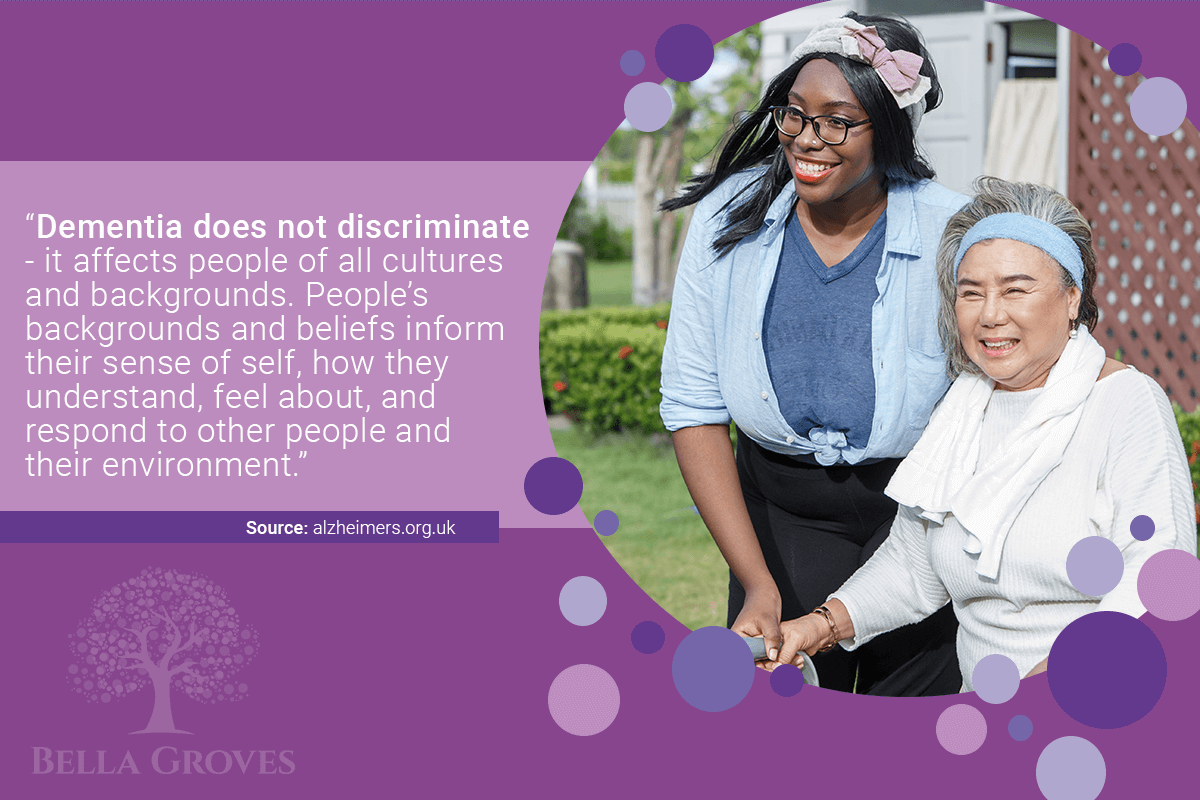
Advocating for Seniors in Medical Settings
When someone you love is living with dementia, medical appointments can feel overwhelming. You’re juggling their needs, trying to decode medical jargon, and ensuring they receive the best possible care, all while managing your own emotions. The truth is, advocating for seniors in medical settings, especially if they’re living with dementia, isn’t just helpful; it’s essential.
Medical professionals are skilled at what they do, but they may not fully understand your family member’s unique personality, preferences, or how dementia specifically affects them. That’s where you come in. You’re not just a family member: you’re their voice, their translator, and their biggest champion. At Bella Groves, we’ve walked alongside countless families through this journey, and we know that with the right preparation and approach, you can make a real difference in their healthcare experience.
Understanding Dementia’s Impact in Medical Settings
Dementia affects everyone differently, but certain challenges are common when it comes to medical care. Your loved one might have trouble communicating their symptoms, forget important medical history, or become anxious in unfamiliar environments. They may not remember recent changes in their condition or might have difficulty following complex instructions from healthcare providers.
These challenges don’t mean they can’t participate in their care; it just means they need extra support. Healthcare providers who aren’t familiar with dementia-specific needs might inadvertently speak too quickly, use confusing terminology, or become impatient when your family member doesn’t respond as expected. Your role is to bridge that gap, ensuring communication flows smoothly in both directions.
Preparing for Medical Appointments
Preparation is your secret weapon. Start by gathering all relevant medical information well before the appointment. Create a simple, one-page summary that includes current medications, recent changes in behavior or symptoms, and any concerns you’ve noticed. Don’t rely on memory alone. Dementia affects not just your loved one but can also make caregiving so stressful that you might forget important details, too.
Consider bringing comfort items that might help your family member feel more at ease. A familiar photo, their favorite blanket, or even a small snack can make a significant difference in reducing anxiety. If possible, schedule appointments for times when your loved one typically feels their best, often earlier in the day when they’re less tired or confused.
Write down your questions ahead of time. It’s easy to get caught up in the moment and forget to ask about something important. Prioritize your concerns by placing the most critical issues at the top of your list.
Communicating Effectively with Healthcare Providers
The key to effective advocacy lies in clear, respectful communication. Start each appointment by briefly explaining your family member’s communication style and any specific needs they have. For example, you might say, “Mom processes information better when you speak slowly and make eye contact,” or “Dad gets anxious when there are too many people in the room.”
Don’t hesitate to ask for clarification when medical terminology feels overwhelming. Healthcare providers are used to explaining things in different ways, and a good doctor will appreciate your effort to truly understand your loved one’s condition and treatment options. Remember, there’s no such thing as a stupid question when it comes to someone’s health.
Be honest about what’s happening at home. If your family member is experiencing new symptoms, behavioral changes, or trouble managing medications, share these details. Healthcare providers need the complete picture to make informed decisions about care.
Essential Questions for Medical Consultations
Come prepared with specific questions that will help you understand not just the medical aspects of your loved one’s care, but also how recommendations fit into their daily life. Ask about the purpose of new medications, potential side effects, and how long it might take to see improvements or changes.
Don’t forget to ask about practical matters: How will this treatment affect their daily routine? Are there activities they should avoid? What warning signs should you watch for? How should you handle emergencies or symptoms between appointments?
If surgery or procedures are recommended, ask about alternatives and what happens if you choose not to proceed. Understanding all your options helps you make decisions that align with your loved one’s values and quality of life goals.
Making Sense of Medical Information
Medical jargon can feel like a foreign language, but you don’t need a medical degree to be an effective advocate. Take notes during appointments, or better yet, ask if you can record the conversation on your phone. Many healthcare providers are comfortable with this, and it allows you to focus on the discussion rather than frantically scribbling notes.
Ask for written summaries of treatment plans and medication changes. Most healthcare systems can provide printed information about prescriptions, including common side effects and special instructions. If something doesn’t make sense later at home, call the office for clarification rather than guessing.
Consider bringing a trusted friend or family member to important appointments. A second set of ears can catch details you might miss and provide emotional support during difficult conversations.
Keeping Track of Medical Information
Organization is crucial when managing complex medical care. Create a simple system for tracking appointments, medications, and important conversations. A basic notebook or smartphone app can work wonders for keeping everything in one place.
Keep a medication list updated and easily accessible. Include not just prescription drugs, but also over-the-counter medications, vitamins, and supplements. Note any allergies or medications that haven’t worked well in the past.
Document changes in your loved one’s condition, including good days and challenging ones. Patterns often emerge that can help healthcare providers adjust treatments or identify new concerns early.
Addressing Concerns and Medical Errors
Sometimes things don’t go as planned, and that’s when your advocacy skills become especially important. If you notice potential medication errors, communication breakdowns, or feel your concerns aren’t being taken seriously, speak up respectfully but firmly.
Start by giving healthcare providers the benefit of the doubt; most issues stem from miscommunication rather than negligence. Approach concerns with phrases like “I want to make sure I understand correctly” or “Can you help me understand why this approach is best?”
If problems persist, don’t hesitate to seek a second opinion or ask to speak with a supervisor or patient advocate within the healthcare system.
Building Your Support Network
You don’t have to navigate this alone. Connect with other families who understand what you’re going through. Local dementia support groups, either in-person or online, can provide invaluable insights and emotional support.
Consider working with professionals who specialize in dementia care. At Bella Groves, we help families understand their options and coordinate care that truly fits their loved one’s needs. We know that every person’s journey with dementia is unique, and cookie-cutter approaches rarely work.
Remember, advocating for seniors in medical settings isn’t about being confrontational or difficult. It’s about ensuring your family member receives care that honors their dignity and supports their quality of life. You’re not just managing symptoms; you’re protecting someone’s humanity.
If you’re feeling overwhelmed by the responsibility of advocacy, know that help is available. Our team at Bella Groves is ready to be part of your story, offering guidance, resources, and support tailored to your family’s unique situation. Because when it comes to dementia care, love truly is greater than the diagnosis, and together, we can make sure that love shines through in every medical interaction. Contact us today to learn more about all that we have to offer.

